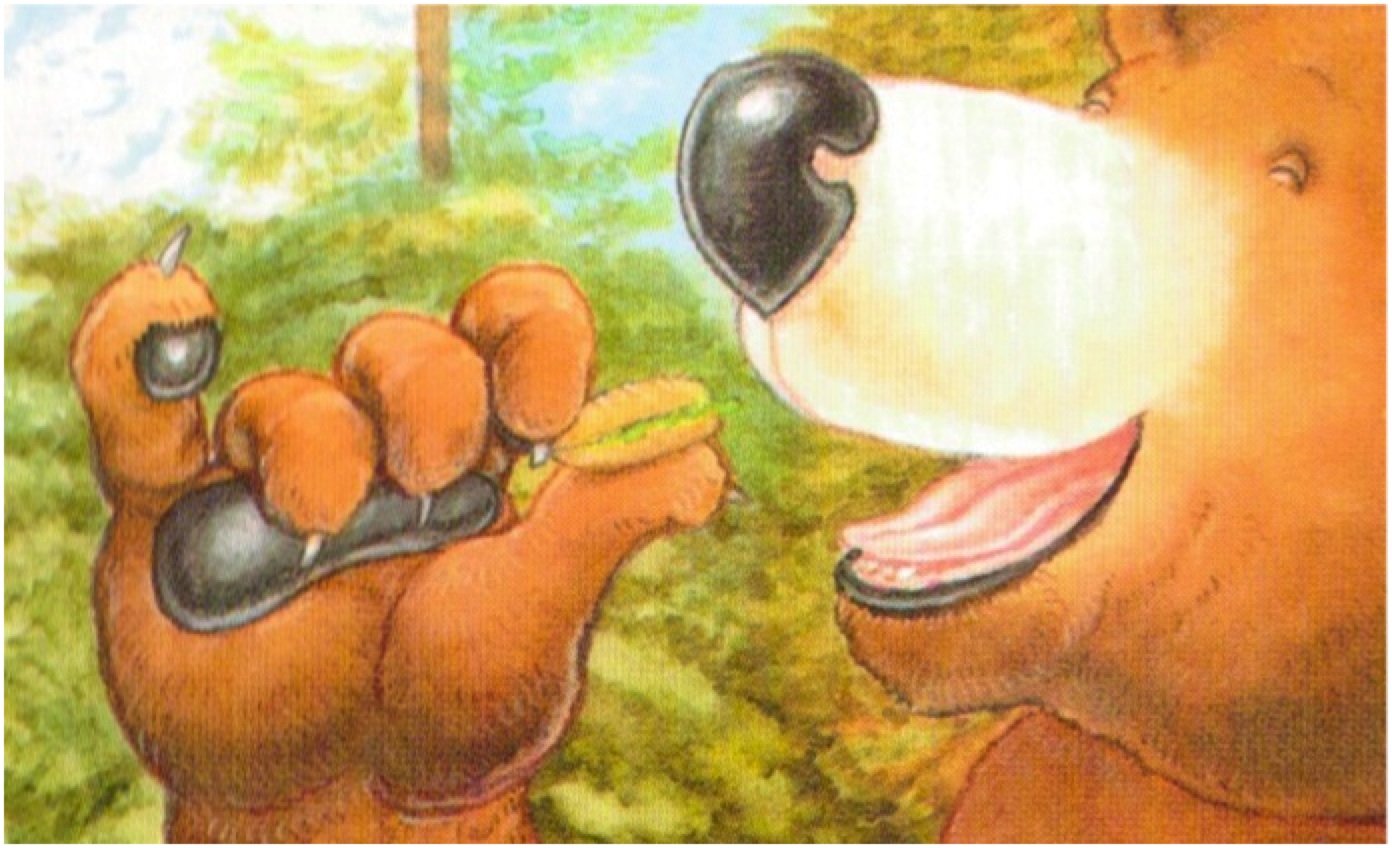MY BLOGS
Jez's Blog

Continuing the theme of thought (see previous entry) I bought some of my favourite roasted onion and gruyere cheese Foccacia bread from a supermarket today. As I was walking to the checkout it struck me how this item began as an idea in the head of a food technician. Even though it’s a commercial product this bread feels (and tastes) like it has been created with great care and this is why it has become a favourite in our house. When something is done well and has the hallmark of quality it makes you feel good to use it because, in a sense, you are treating yourself well and honouring yourself by using it.*
So there I am, at the checkout, placing my trusted foccacia treat into my bag when I notice that something is wrong. The product doesn’t look the same at all: the metal protective tray in which you could bake it has gone, there is a marked shortage of topping and the bread is now square rather than its normal oblong shape. It is at this point that I realise what has happened - the dreaded ‘food shrinkage con’ has struck again.
For those of you who aren’t familiar with this insidious marketing tactic let me explain how it works: The food producers start out by creating a quality product and selling it for a reasonable price. Then, after it has become a trusted choice amongst shoppers, they start shrinking it and reducing its quality. To make matters worse, the company then proceeds to insult the intelligence of their loyal customers by adding a red sticker which announces 20p off as if we are getting more for our money rather than less!
In the end the supermarkets stab their selves in the foot with such underhand tactics because, once a good product reaches this ‘shrinkage stage’ in its life cycle, people like me stop buying it because we have lost trust in it. I like the way that the supermarket’s intent of greed actually lost them a customer (me) and potentially many more customers (you). I suppose you could call this karma. The beautiful thing is that the reverse is also true - in business, if you do something because you love it and you want to do it well you will sell more in the end. A recent experience illustrates this perfectly:
Driving down here I stopped at a petrol station and as I filled up my car the young Asian owner walked passed and greeted me with a big smile. After paying I used the facilities and couldn’t help noticing how uncharacteristically clean and well cared for they were. As I left the building the owner was using a map book to meticulously help out a customer with local directions. This man obviously loves his job and it makes it a delight to visit his little domain in which that love is manifested. I made a mental note to use this petrol station on all my future trips. It seems that the best way to sell is to do something well.
* Another example of this is the Mac book I’m writing this on (I'm sure many of you Mac users will agree with this). My appreciation for this beautiful bit of design can be summed up by describing just one part of it - the power supply. Firstly, unlike every other power supply you have seen, it isn’t clumpy, black and bulky – it is sleek, white and quite beautiful. It comes with an adaptor so if you need a longer reach to a socket you can have it, and then comes the crowning glory: the tiny, innovative plug is guided into its socket on the computer by a firm magnetic pull. It’s as if it is saying - I’m here to serve and help you. I could go on…
April 21st 2011
NEW ON THE SITE
HAVE YOU SEEN?







































